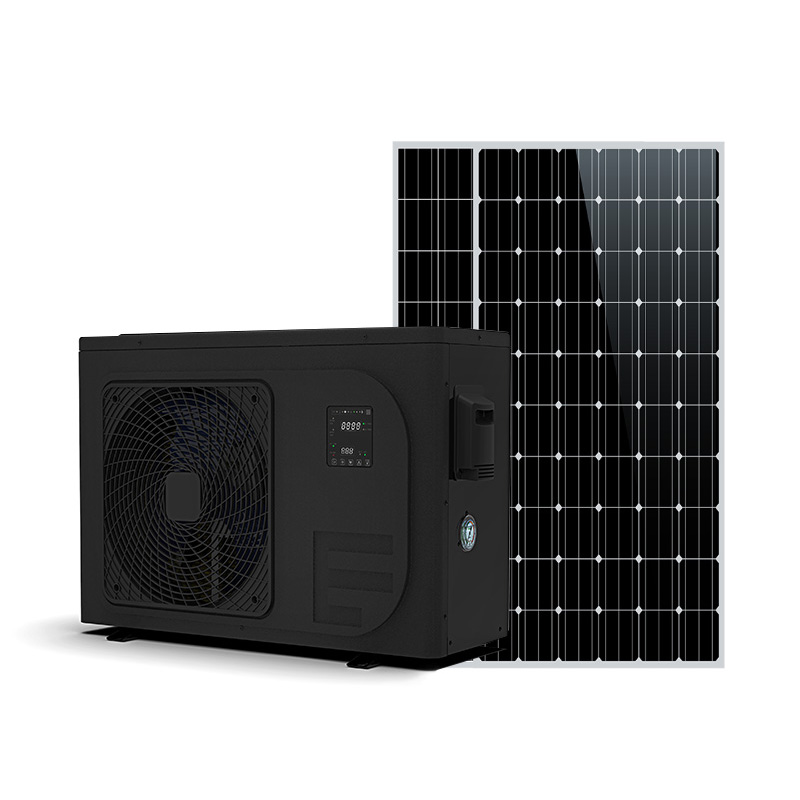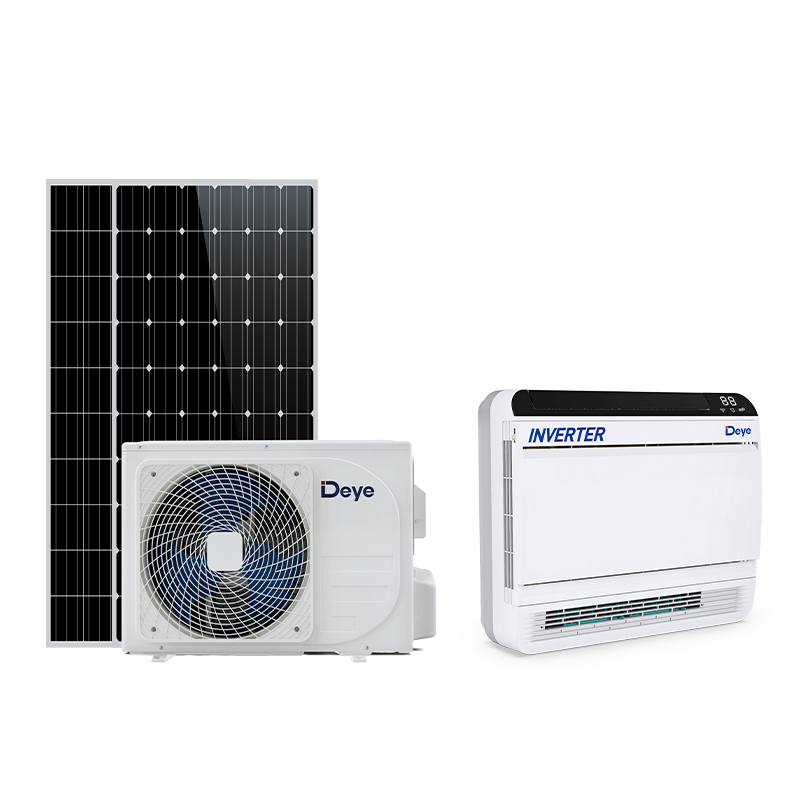1.Solar Panel Integration
As the core component of solar air conditioning, the performance of solar panels directly affects the overall efficiency of the air conditioning system. In order to maximize the absorption of solar energy, we should ensure that the solar panels are oriented correctly and there are no obstructions around them to make full use of sunlight resources. At the same time, it is also crucial to clean your solar panels regularly, as the accumulation of dust and dirt can significantly reduce their efficiency in generating electricity. Intelligent switching power supply systems are also key to improving cooling efficiency. The system can automatically select the most economical power mode based on solar power generation and grid electricity prices. During periods when the sun is abundant and the electricity price is high, solar power generation is given priority; during periods when the sun is insufficient or the electricity price is low, power is intelligently switched to the grid to ensure the stable operation of the air conditioning system. This intelligent power management strategy not only helps reduce energy consumption costs, but also improves the overall efficiency of the system.
2.Cassette Design
The plug-in design is a highlight of light commercial solar air conditioners. Its unique installation method allows air to be evenly distributed to every corner of the commercial space. In order to further optimize its cooling efficiency, we should rationally layout the stuck air conditioning units to ensure that each area can be fully cooled. At the same time, according to the actual conditions of the commercial space, we can also adjust the wind direction and speed of the jammed air conditioner to optimize the air flow organization. For example, in areas with densely populated areas, the wind speed and air supply volume can be appropriately increased to improve the cooling effect; while in areas with fewer people, the wind speed and air supply volume can be reduced to reduce energy consumption. The compact and concealed design of the card-mounted air conditioner makes it ideal for installation in commercial spaces with suspended ceilings, not only saving space but also improving the overall aesthetics.
3.Inverter Technology
Frequency conversion technology is one of the important means to improve the refrigeration efficiency of air conditioners. By precisely controlling the speed of the compressor, variable frequency technology can automatically adjust the cooling capacity according to changes in indoor temperature, thereby avoiding the waste of energy consumption caused by excessive cooling or heating. In light commercial solar air conditioners, the application of frequency conversion technology allows the compressor to adjust the speed according to actual needs and achieve more precise temperature control. This intelligent adjustment method not only improves refrigeration efficiency, but also reduces energy consumption costs. At the same time, frequency conversion technology can also extend the service life of the compressor, reduce the frequency of maintenance and replacement, and further reduce operating costs. Therefore, when choosing light commercial solar air conditioners, we should give priority to products with frequency conversion technology.
4.DC Compressor (DC compressor)
As one of the core components of light commercial solar air conditioners, the performance of the DC compressor directly affects the overall efficiency of the system. Compared with traditional AC compressors, DC compressors have higher energy efficiency and better performance. It can directly use solar power to work, reducing losses during energy conversion, thus improving overall system efficiency. The DC compressor also has an intelligent adjustment function, which can automatically adjust the speed according to indoor temperature changes to ensure cooling effect while achieving lower energy consumption. Therefore, when choosing a light commercial solar air conditioner, we should give priority to products with DC compressors. At the same time, in order to ensure the stable operation and extend the service life of the DC compressor, we should also perform regular maintenance and upkeep work.
5.Smart Controls
Intelligent control is an integral part of modern air conditioning systems. Through Wi-Fi connection and smartphone application, we can remotely monitor and control the air conditioning system anytime and anywhere. This intelligent management method not only improves the convenience of the system, but also helps optimize cooling efficiency. For example, we can preset different operating modes and schedules based on the usage needs of commercial spaces. During office hours, we can set the air conditioning system to automatic mode to automatically adjust the cooling capacity according to changes in indoor temperature; during rest hours, we can set the system to energy-saving mode to reduce energy consumption costs. The intelligent control system can also monitor the operating status and energy consumption of the air conditioning system in real time, providing us with comprehensive energy efficiency management information. This information helps us detect and solve potential problems in time to ensure the stable operation and efficient cooling of the air conditioning system.


 Español
Español русский
русский Français
Français Português
Português Deutsch
Deutsch عربى
عربى italiano
italiano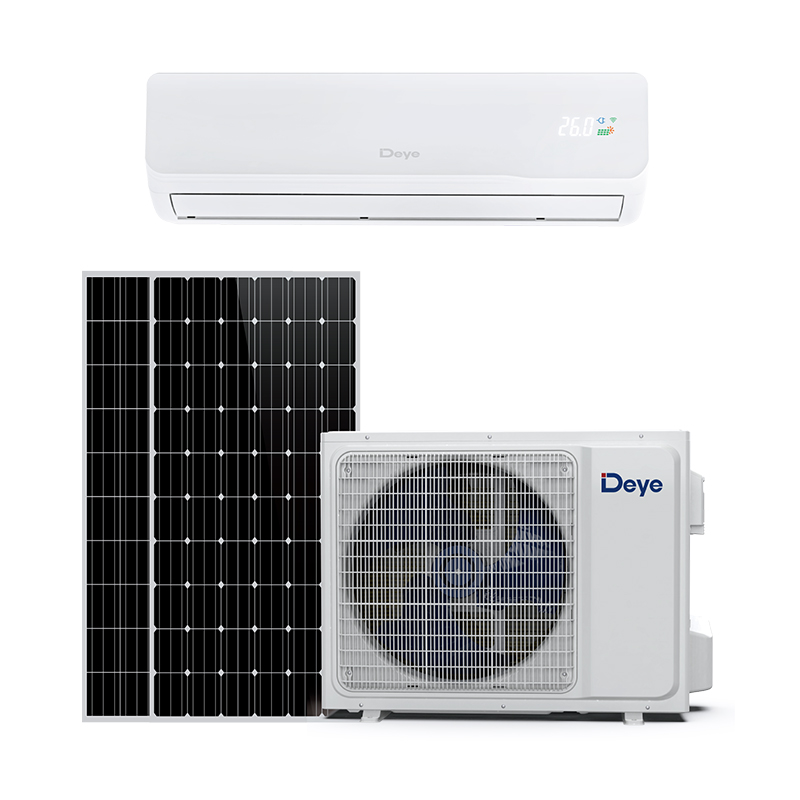
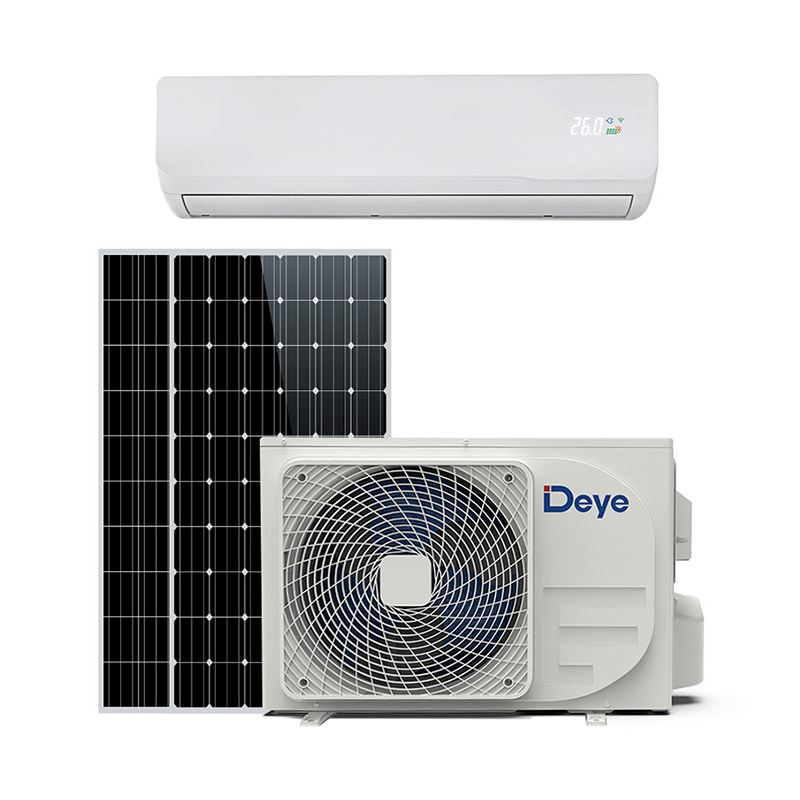
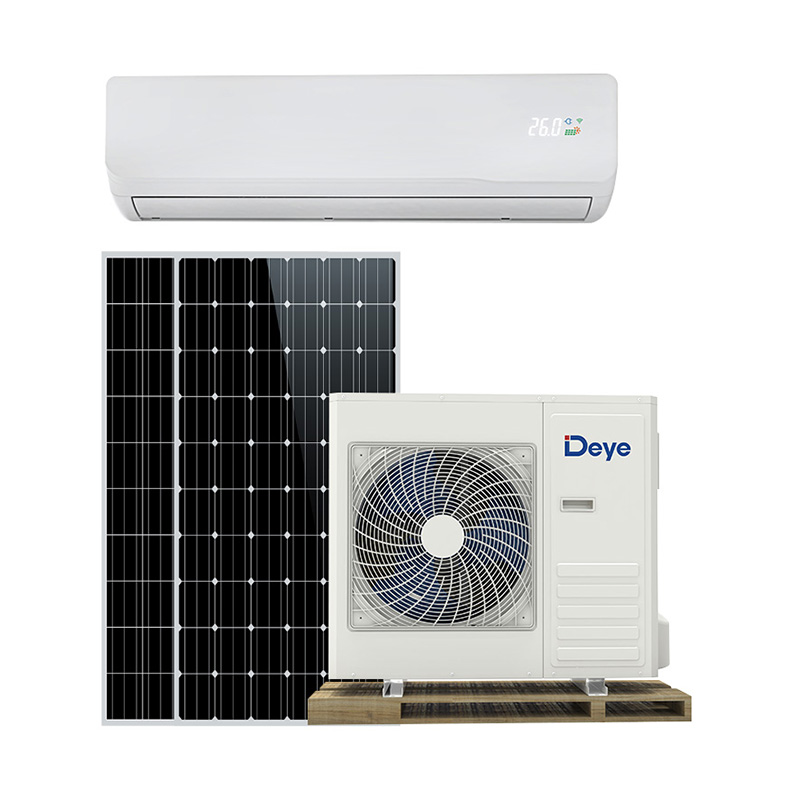
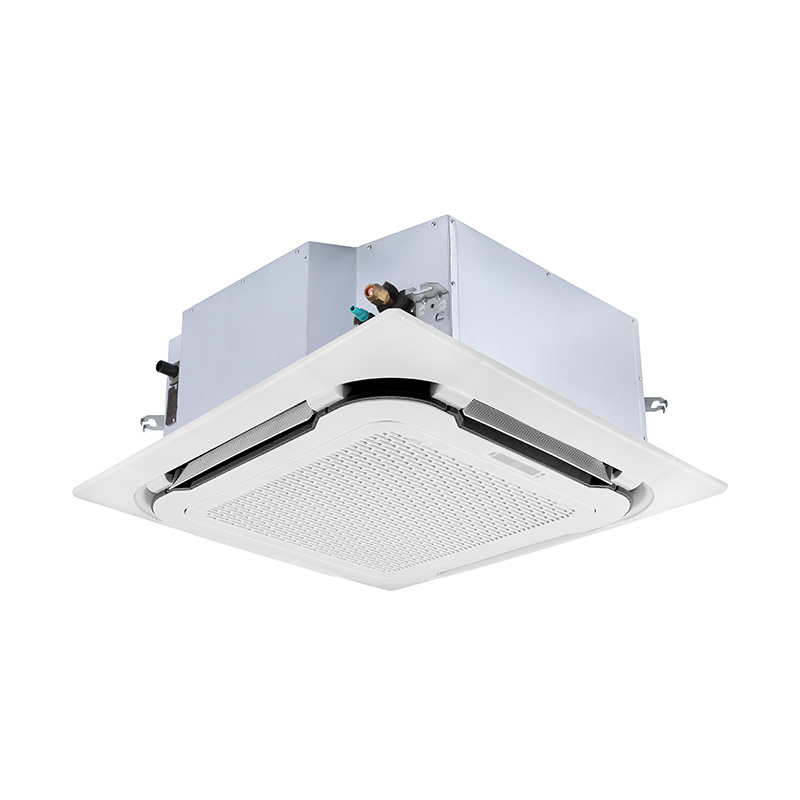
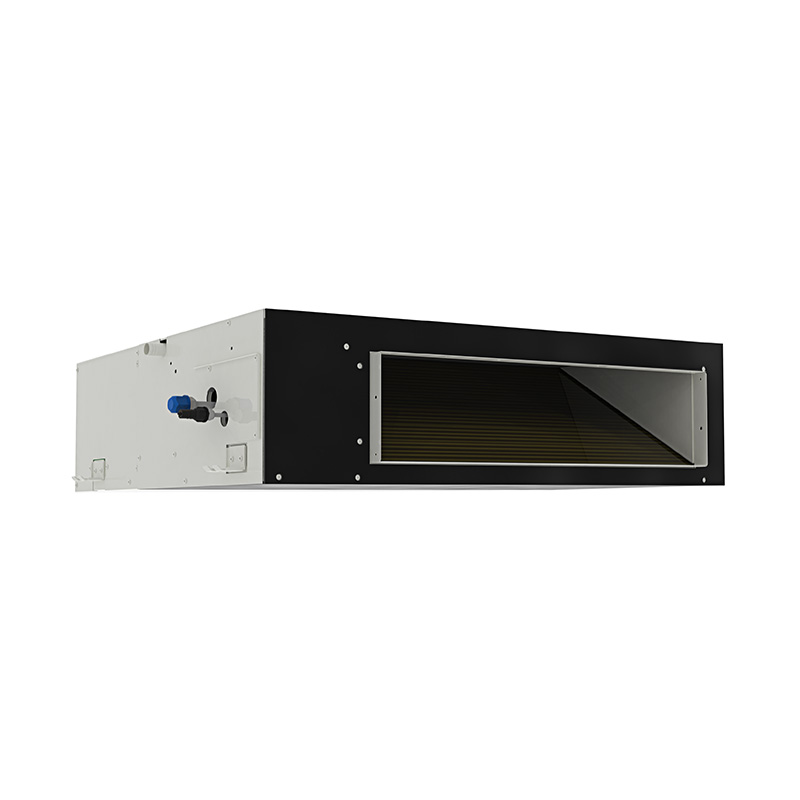
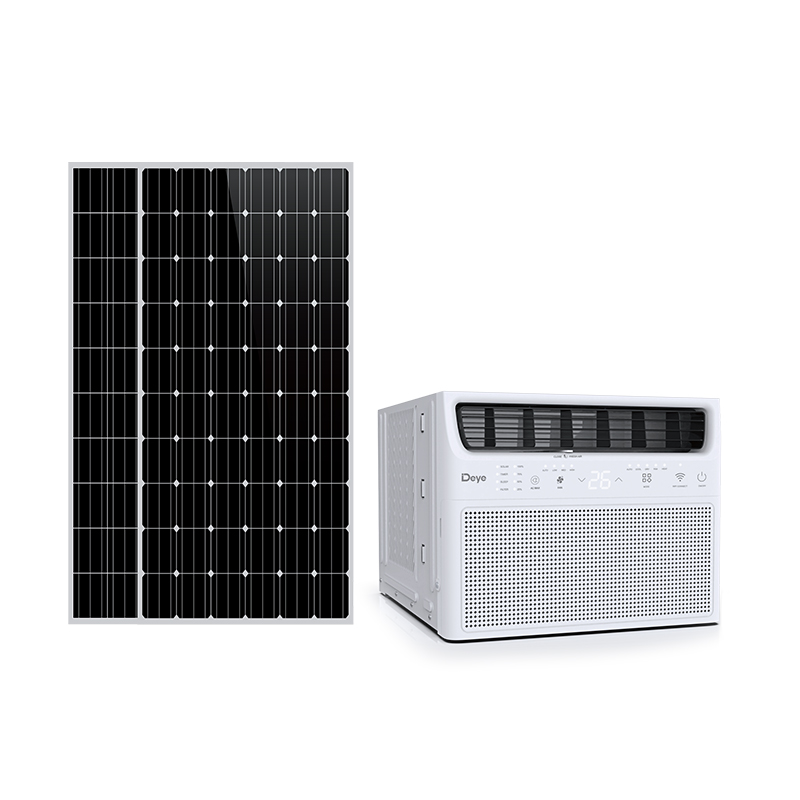
-1.jpg)


